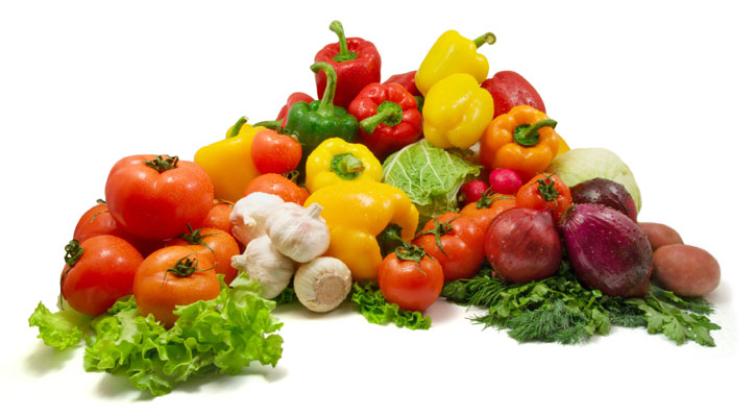By Fnf correspondent | PUBLISHED: 21, Oct 2024, 18:05 pm IST | UPDATED: 21, Oct 2024, 18:05 pm IST
 New Delhi: Maintaining a healthy weight or shedding those extra pounds can be a challenge, but incorporating low-calorie vegetables into your diet can make the process easier and more effective. Packed with essential nutrients, fiber, and water content, these vegetables help you feel full without piling on calories. Here’s a look at some of the best low-calorie vegetables to aid your weight loss journey.
New Delhi: Maintaining a healthy weight or shedding those extra pounds can be a challenge, but incorporating low-calorie vegetables into your diet can make the process easier and more effective. Packed with essential nutrients, fiber, and water content, these vegetables help you feel full without piling on calories. Here’s a look at some of the best low-calorie vegetables to aid your weight loss journey.Zucchini
Zucchini, another water-rich vegetable, contains only 17 calories per 100 grams. It’s high in antioxidants, vitamin C, and potassium, which support heart health and digestion. Zucchini noodles (also known as zoodles) are a great low-calorie alternative to pasta, helping you cut carbs while still enjoying a delicious meal.
4. Cauliflower
With only 25 calories per 100 grams, cauliflower is one of the most versatile low-calorie vegetables. It’s a fantastic substitute for high-carb foods like rice or mashed potatoes. Rich in fiber and vitamins, cauliflower can also be roasted, steamed, or blended into soups, adding both texture and nutrition without adding extra calories.
Bell Peppers
Bell peppers are vibrant, crunchy vegetables with just 20-30 calories per 100 grams (depending on the color). They are high in vitamin C, which helps boost immunity and improves skin health. Bell peppers can be eaten raw, grilled, or stuffed, providing flavor and a satisfying crunch to your meals without many calories.
6. Broccoli
Broccoli is another fiber-rich vegetable that aids in digestion and promotes satiety. With just 34 calories per 100 grams, broccoli is loaded with essential nutrients like vitamin K, vitamin C, and folate. It can be steamed, roasted, or added to stir-fries, making it a versatile option for low-calorie meal prep.
7. Lettuce
Lettuce, particularly iceberg and romaine, is extremely low in calories, with around 15-20 calories per 100 grams. It is packed with water, which keeps you hydrated, and has a decent amount of fiber to help with digestion. Lettuce forms the base of most salads, but you can also use it as a wrap instead of bread for sandwiches and tacos.
8. Celery
Celery is often considered a "negative-calorie" food due to its low calorie count (16 calories per 100 grams) and high fiber content. It’s mostly water but provides essential nutrients like potassium and vitamin K. Celery is perfect for snacking, especially when paired with hummus or peanut butter, and can be used in soups and stir-fries.
9. Asparagus
Asparagus contains only 20 calories per 100 grams and is a great source of fiber, vitamins, and antioxidants. It has diuretic properties that help in reducing water retention, which is especially helpful for weight loss. Asparagus can be steamed, grilled, or added to salads for a crunchy and nutritious boost.
10. Tomatoes
Tomatoes are low in calories, with just 18 calories per 100 grams, and are packed with vitamin C, potassium, and the powerful antioxidant lycopene. Lycopene has been linked to many health benefits, including reduced risk of heart disease and cancer. Fresh tomatoes can be used in salads, salsas, or as a topping for various dishes, adding both flavor and nutrition.

by : Priti Prakash
The issue of deportation of Indian migrants staying illegally in the US took an emotionally charged ...